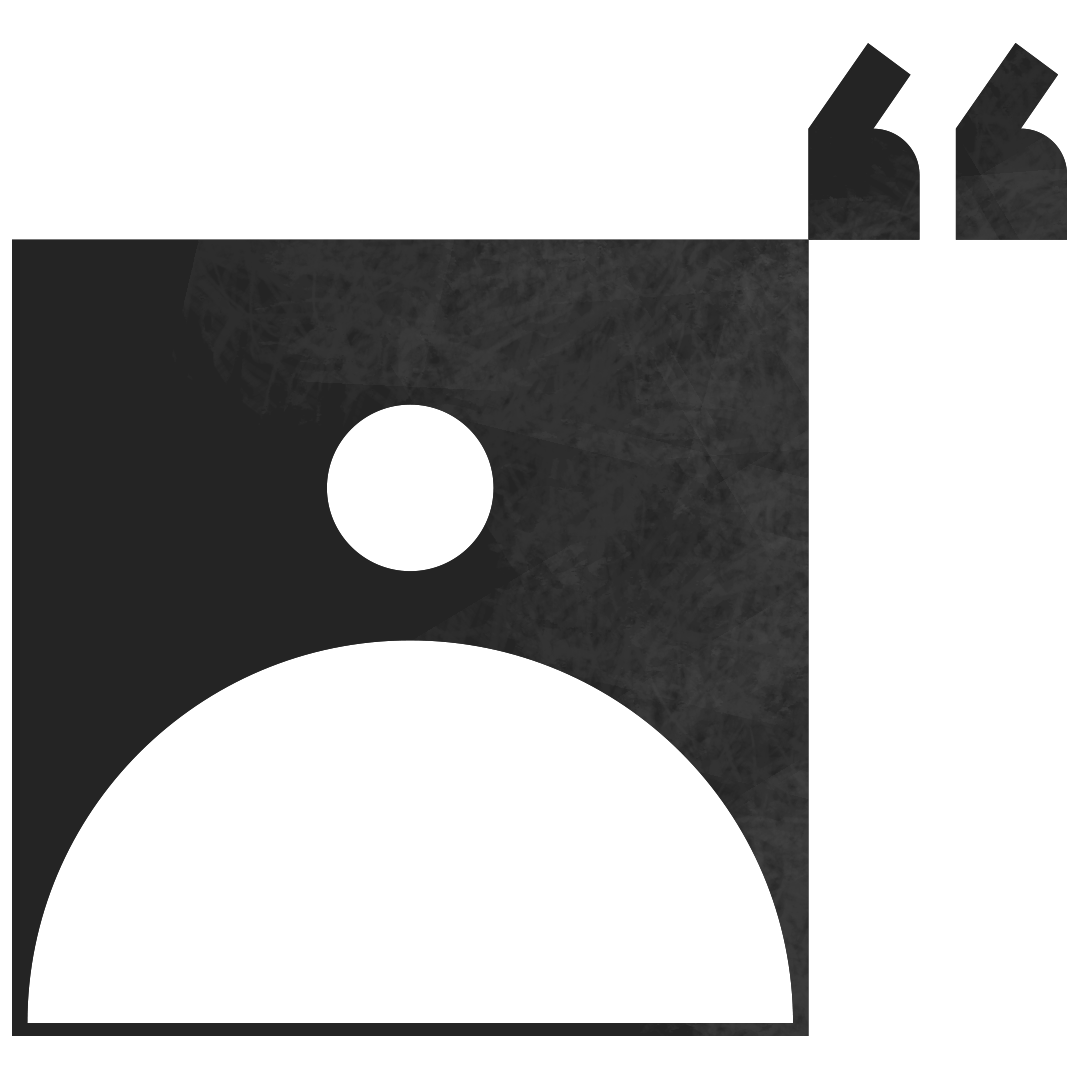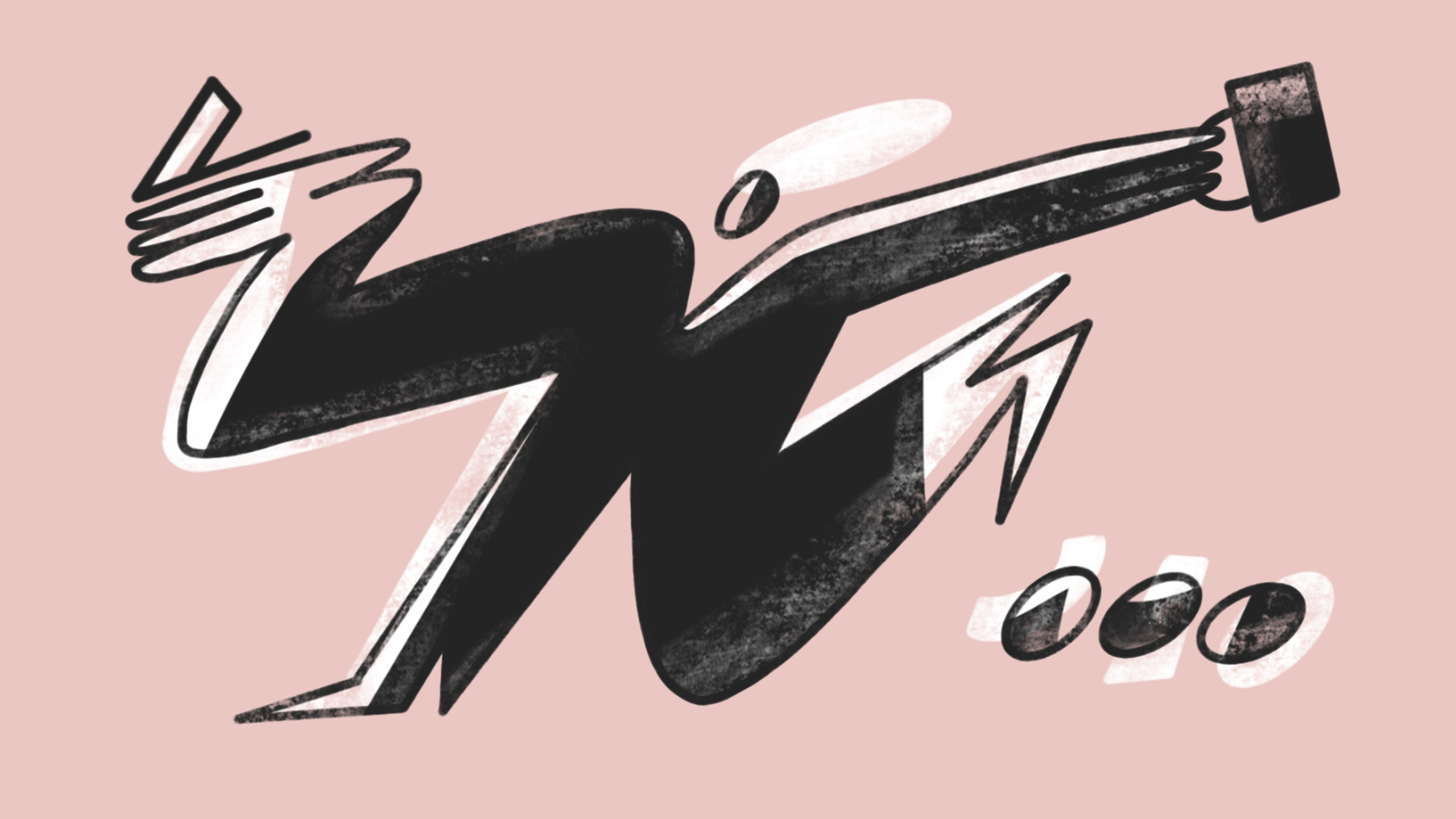Cultural fit interviews: how to experiment and measure results
Today’s recruiting processes go far beyond qualifications, skills and experience. And candidates must expect to be assessed based on their cultural fit. Whether their values and visions align with company’s. So, we will explain what a cultural interview is, how it is conducted at PandaDoc and how it helps to run the business.
A conversation with Mick Amelishko, Senior Director of Engineering, Solutions Track, PandaDoc
So, what does culture mean to you?
My first encounter with this concept was in my early days with PandaDoc, maybe in my second or third month with the company. I was interviewing a candidate, and I wasn’t sure about him. He was strong from a tech perspective, but something wasn’t quite right. So I asked Mikita, our CEO and co-founder, “What should I do with this guy?” He said, “Make sure he’s a good cultural fit. If he isn’t, nothing else matters.”
I didn't understand what he meant exactly. I was like, “Culture?? We’re not at an opera house.” So my gut feeling told me I should see if the guy will feel comfortable with us, and if we’ll feel comfortable with him.
Today, eight years later, I know much more about culture. Merriam-Webster defines “culture” as “a set of shared attitudes, values, goals, and practices that characterize an organization”.


Why is culture important?
A really strong culture gives you good, productive beliefs, values, and shared ways of doing work. It can help you and your organization and will lead to something productive. A weak culture can promote unproductive behavior — things like blaming, playing politics, and being afraid to ask questions.
A few years ago, Columbia University did a study about strong and weak culture. They had their own definitions, but it was mostly about people and processes, the way things are done. Companies with a strong culture showed a turnover rate of 13 percent on average. On the other hand, it was 48 percent in companies with a weak culture — nearly four times as much.
Replacing an engineer right now will cost your company at least six months of salaries. So it's a big expense and risk. And there's also a lost opportunity, because you’re missing an engineer. The market is hot right now — anyone can get another offer for more money.
So what retains people? Our answer is a strong culture. We’ve measured it pretty well. We conduct quarterly measurements of our Employee Net Promoter Score (ENPS), and it's really high: 48. I'm really proud of this number. In our industry, anything above 0 is OK, anything above 30 is good, and anything around 50 is exceptional.
How do you build a strong culture?
You can print T-shirts and posters with slogans. This may help, but it's definitely not the most important thing.
There are three crucial decisions in the life of every employee on your team: hiring, promoting (or not), and firing. These are areas where you can directly influence culture. A lot of tech companies grow quickly, and there’s a risk that if you hire a lot of new people in a short span of time, they could dilute your culture.
At PandaDoc, we’ve had a really huge increase in headcount on our Engineering team — from 100 to 200 in only 12 months. But we survived it because we always hire with our strong culture in mind. No matter how brilliant an engineer, or no matter how much we need someone with really niche expertise, if the person isn’t a good cultural fit, it’s not going to work for us.
A conversation with Ulyana Stepanovskaya, Engineering Recruitment Lead, PandaDoc

[Engineering Recruitment Lead]
What’s your process for cultural fit interviews?
PandaDoc has a culture code that defines what kind of people we are, how we interact with our colleagues, and the type of candidates we look for. The acronym L.I.F.E. — Learn, Impact, Fun, Empathy — helps us keep our core values at top of mind. It also helps us structure our interviews.
Our process includes three types of interviews: recruitment, cultural, and tech. The cultural interview is 60 minutes and conducted by the manager and recruiter, and the tech interview is 90 minutes and conducted by a pair of engineers. If everything goes smoothly, we’ll hire a person within two weeks, or even sooner. There might be further interviews if we want a candidate to meet the team, but this is an exception.
Originally we did the tech interview first. But at a certain stage we made a switch because, in our case, a good cultural fit is even more important. We had experience rejecting otherwise good engineers after the tech interview based on a cultural mismatch.
Finding someone who’s a good cultural fit with soft skills is more important to us than finding someone with applicable hard skills, because soft skills are harder to gain. This doesn't mean we hire good people who aren’t the best engineers. We’ll sometimes hire someone who’s slightly below the level we initially targeted for if they’re a good cultural fit and their soft skills seem strong. Often a candidate like this realizes their potential in the right environment and reaches the next level before long. So, you might consider following this approach if you have resources available, including a mentor.


How do you train interviewers?
We talk about what culture is and why it's important. We suggest a few questions the interviewer can use, with techniques that help validate a new hire’s values. We also conduct a short, supervised practice session with other groups where someone will play a tricky candidate. Afterward, the group completes their interview scorecards and discusses if the candidate will be compliant to our values, how good a fit they are, and whether they should be hired.
In the final stage of the interview process, we usually go into a cultural interview in pairs — often two hiring managers from different teams. One interviewer leads while the second does more listening. This is a natural way to share best practices on conducting an interview.
How can an engineering candidate prepare for a cultural interview?
We suggest honest self-reflection — simply asking yourself what you really want from your job. I ask this question in every cultural interview I do. Other important questions to ask yourself might be: What does your perfect workday look like? What are you looking for in a team? What makes you happy? If you're ready to answer these questions, you’re prepared for a cultural interview.
Your values may contradict something you sense within the company. Some engineers might be more OK than others with adapting to a new company culture. If you feel something isn’t right, but you're still getting an offer, it's your call. If the company says they're fine, you can give it a go. Just keep in mind that any cultural disconnection will most likely become clear during your first few working days.


PandaDoc Culture: Stronger Than Ever
Since we’ve already published articles on how PandaDoc's culture code has emerged, we’re changing our focus to how it’s evolving. PandaDoc has scaled significantly over the past few years to now include nearly 1,000 Pandas worldwide, so processes are changing. We spoke with PandaDoc Co-founder / CTO Sergey Barysiuk about how to maintain the original culture's spirit as the company continues to grow and thrive.

The Evolution of Onboarding at PandaDoc
When you join a new company it is like entering into a huge building you’ve never been to before. All you know is the building address and a couple of people that walked you in through a labyrinth of corridors to your desk. And there are doors everywhere with no names on them...of course, you will feel lost.

Celebrating Women in Tech: Beating the Odds and Building Self-Confidence Along the Way
At PandaDoc, we value our culture and people. Today, we want to share more about the people behind our product by spotlighting two fabulous women leaders at PandaDoc: Tatsiana Sialitskaya, Engineering Manager, and Kira Glushko, Director of Product Analytics.
